This post contains affiliate links from which I may receive a small commission, at no extra cost to you. In no way does this affect my opinion or the information I provide on the product. Please read my disclaimer for more info.
Finally, the day has come!
After spending months thinking about it, you’ve finally decided to start eating healthier. You’ve committed to loading up on fresh fruit, veggies, whole grains, and legumes because you know that these are the best foods for your body.
But just as you’re going to the grocery store, you hear a word that stops you in your tracks.
Antinutrients.
“Plant foods have a ton of antinutrients, and they are bad for you!!”
You’re devastated.
Can we even eat anything anymore?
Thankfully, I’m here with the science on antinutrients— will I bust the antinutrient myth?
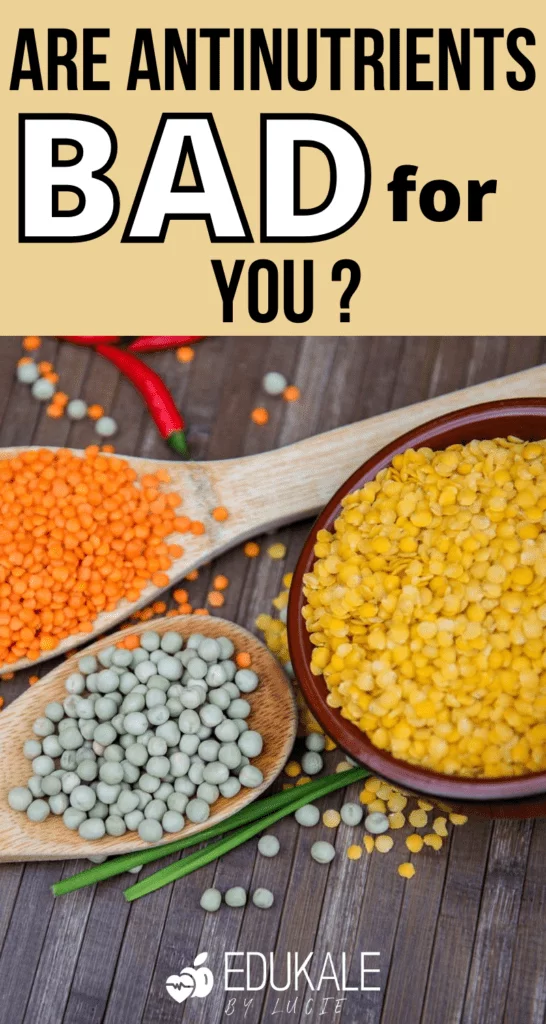
What are antinutrients?
Antinutrients are plant compounds that interfere with the absorption of nutrients. They are naturally found in many plant-based foods and are designed to protect the plant from being eaten or infected. When you eat them, they can block your body from absorbing other nutrients from your intestines, which decreases the amount of nutrition you get from your food.
Here are the most common antinutrients:
- Glucosinolates, which are found in cruciferous vegetables like broccoli or cabbage
- Lectins, which are found in seeds, legumes, and grains
- Oxalates, which are found in many vegetables, specifically in leafy greens like spinach
- Phytates or phytic acid, which are found in seeds, legumes, and grains
- Tannins, which are found in tea, coffee, wine, and chocolate
Now I get that all of this doesn’t sound great— but are antinutrients actually bad for you?
Are antinutrients bad for you?
Let’s look at the potential downsides of the above antinutrients.
Glucosinolates can prevent the absorption of iodine and may decrease thyroid hormone production. This could be a problem for people suffering from hypothyroidism. However, this applies if you were to eat over 1 kilogram a day of raw kale, Brussel sprouts, or certain collard greens for several months. Typical consumption of cabbage or broccoli would not contain enough glucosinolates to impair thyroid function [1].
Lectins can bind to the lining of the small intestine which can cause lesions and inhibit nutrient absorption [2]. It’s important to soak and boil lectin-containing legumes in order to prevent lectin poisoning (or to use canned beans).
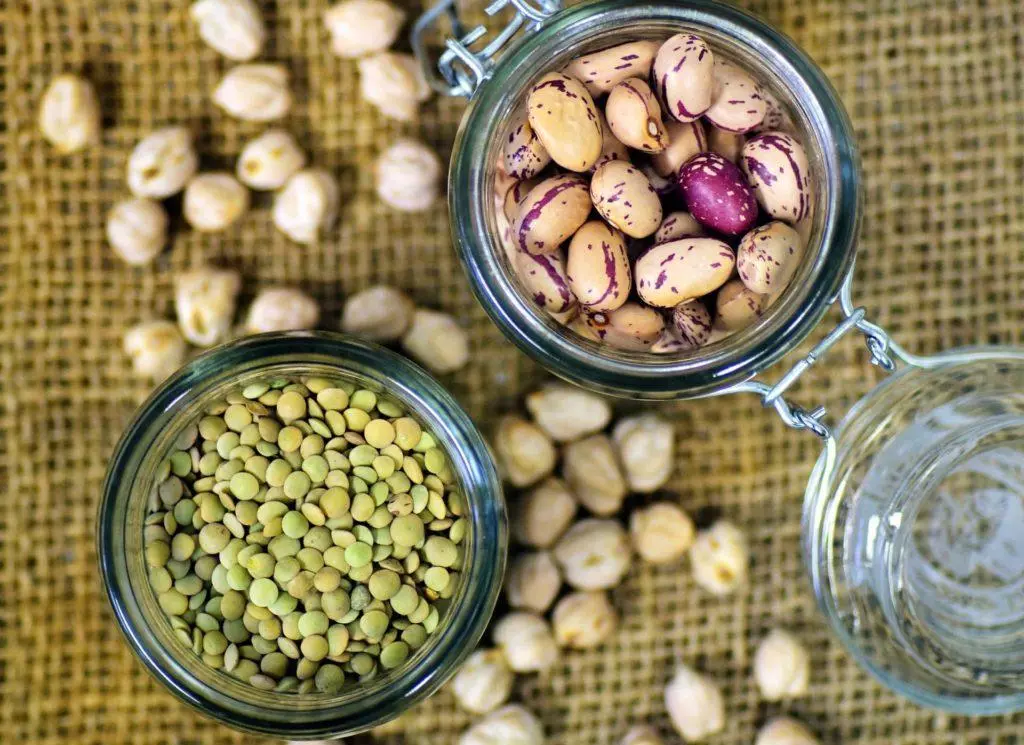
Oxalates can bind to calcium, which can both limit its absorption and create kidney stones [3]. However, human studies [4,5] show that overall, dietary oxalate intake is not a major risk factor for the formation of kidney stones.
Phytates reduce the absorption of many minerals such as iron, zinc, magnesium, calcium… [6]
Tannins precipitate proteins, inhibit digestive enzymes, and affect how our body uses vitamins and minerals [7] They are specifically known to impact iron absorption.
So basically, here are the instances where antinutrients would be bad for you:
- If you are highly deficient in the nutrients that they block
- If you have a specific predisposition (like one for kidney stones)
- If you eat enormous amounts of the same antinutrient-rich food all the time.
How to reduce antinutrients
It’s important to note that there are many ways to reduce the antinutrient content in food. Here are a few ways to do so [8]:
- Soaking beans and other legumes overnight.
- Boiling leafy green vegetables and legumes (although phytates are not easily degraded with boiling).
- Sprouting seeds, grains, and legumes. This involves soaking them in cool water, draining them, placing them in a sprouter, and repeating the process a few times over a day.
- Simply cooking the foods containing antinutrients can significantly decrease their impact.
Do antinutrients have benefits?
Despite their pretty negative name, antinutrients actually do have benefits.
Glucosinolates have anticancer and chemoprotective effects, and they can inhibit tumor cell growth [9].
Lectins also have anti-cancer properties [10]. They are able to affect apoptosis and autophagy in cancerous cells, meaning that they help destroy and remove them.
Phytates have many benefits, such as reducing kidney stone formation or lowering blood glucose and lipids. Phytates also have antioxidant properties (read more about antioxidants and their benefits here!) as well as anticancer activities [11].
Tannins have antioxidant and anticancer properties as well. In addition, they have antimicrobial activities and inhibit the growth of many fungi, yeasts, bacteria, and viruses [12].
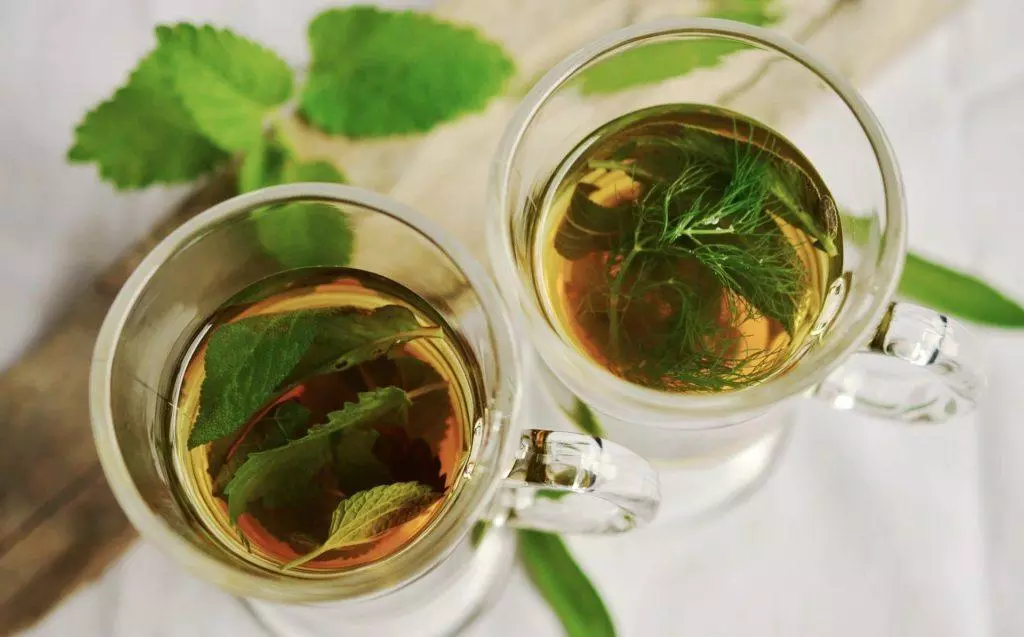
So now you’re probably as confused as ever and wondering “who wins?” between the downsides and the benefits.
Don’t worry, this next part will help you out.
The antinutrient myth
It’s very important to note that if you isolate each individual compound of a food item, they will behave differently than inside the whole food. Basically, a food is more than the sum of its nutrients. This is what’s known as the food matrix effect, which you can read more about here.
Bearing this in mind, you can’t reduce an entire food to the effect of one of its antinutrients, good or bad. This is why it’s important to look at the effects of the whole food instead of isolating a single antinutrient. When we do this, we realize that the benefits of these plant foods containing antinutrients outweigh the downsides by far. There’s in fact a pretty big myth surrounding antinutrients and their supposedly negative impact on health.
Indeed, studies [13] show that a high intake of brassica vegetables, which contain glucosinolates, may be associated with a decreased chronic disease risk.
Studies [14] also show that, although isolated and excessive lectin intake is associated with negative health outcomes, no adverse effects are observed when consumed in the form of cooked or baked foods.
Beans are very healthy food as they contain many vitamins and minerals, are a great source of protein, are rich in antioxidants, and are associated with lower risks of certain diseases [15]. It would be a shame to miss out on them by fear of their lectin content.
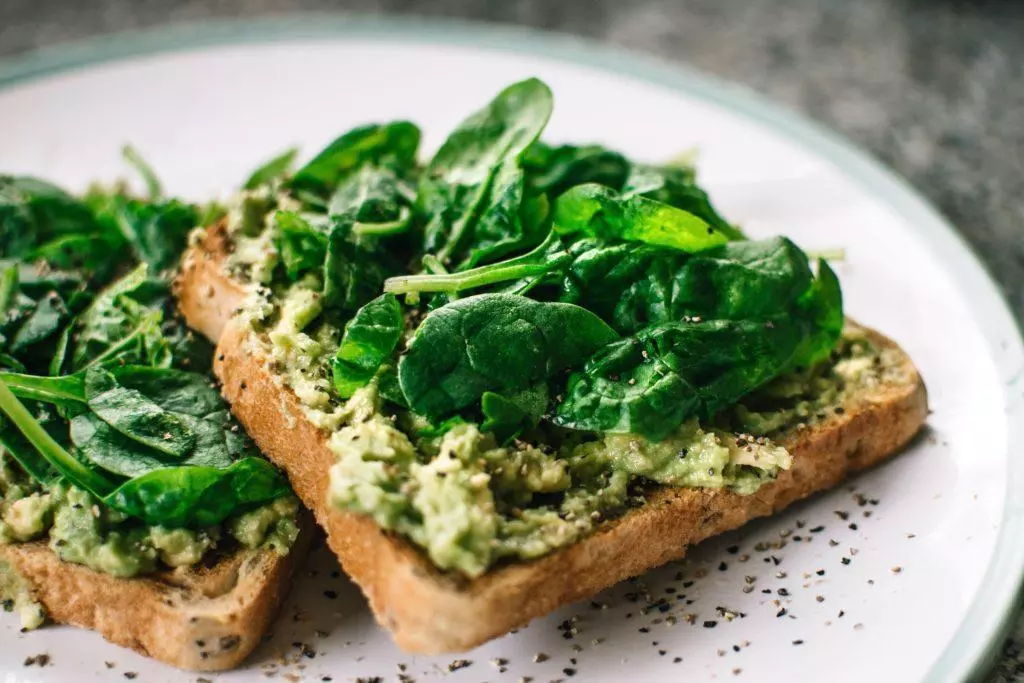
Oxalates are perhaps the most controversial antinutrient as they are not particularly associated with any beneficial effects. However, studies [16] show that the occasional consumption of high oxalate foods as part of a nutritious diet does not pose any problem.
Furthermore, oxalate-containing foods are incredibly healthy and have benefits like reducing the incidence of cardiovascular disease [17], decreasing the risk of colon cancer [18], and slowing cognitive decline [19].
In addition, a study [20] concluded that phytates had numerous health benefits and that a phytate-rich diet was associated with a low incidence of several diseases -and vice versa). The author went as far as arguing in favor of including phytate as an essential nutrient.
Finally, regarding tannins, studies [21] show that the intake of a small quantity of the right kind of tannins may be beneficial to human health. Indeed, tannins have many positive physiological effects that outweigh their potential downsides. In addition, tea contains a lot of tannins yet is linked to many health benefits— it would again be a shame to deprive yourself of them [22].
So in short, these antinutrient-containing foods are beneficial globally, because we must consider the entire food and not single out the antinutrient.
I also suggest reading this study review [23] that really looks at the benefits and downsides of antinutrients in depth.
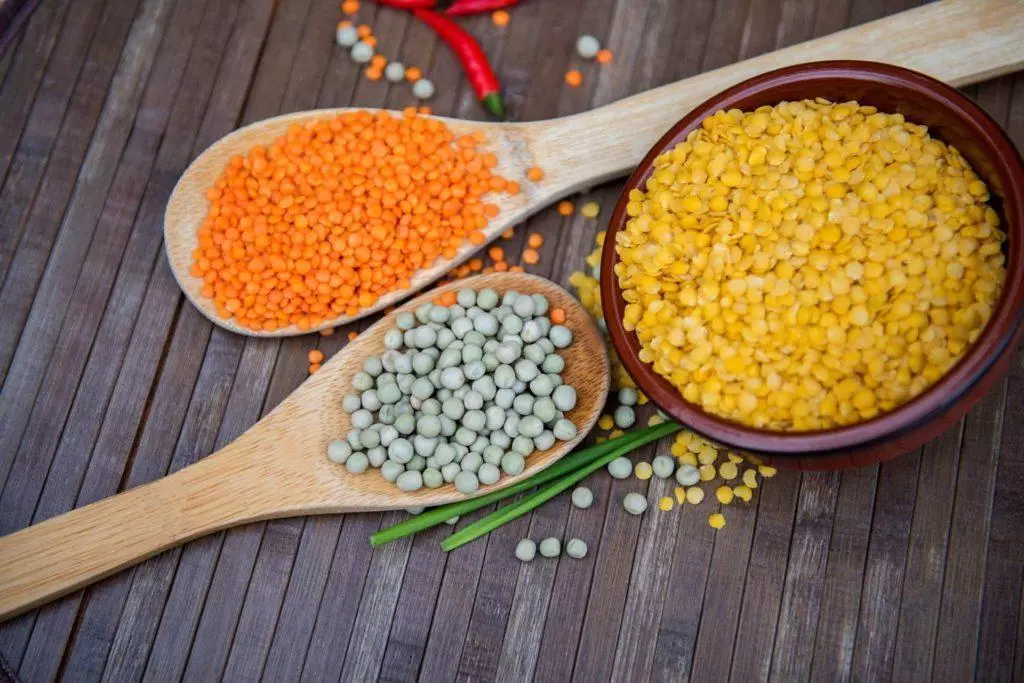
Are antinutrients bad for you in conclusion
Antinutrients are plant compounds that interfere with the absorption of nutrients. They have certain downsides, like limiting the absorption of certain vitamins and minerals, promoting the formation of kidney stones, or affecting our gut.
In many cases, these antinutrients can be limited by cooking, soaking, or boiling the food. However, these antinutrients also have benefits: anti-cancer properties, lowering inflammation, a high antioxidant content, antimicrobial activities…
The key takeaway is that a food item can’t be reduced to its antinutrient content, and with that in mind, the benefits of these foods outweigh the risks by far.
-Lucie
If you’re interested in nutrition, its impact on our health, and the science behind it, you should definitely read How Not to Die. In this book, Doctor Michael Greger, founder of Nutrition Facts, examines the top causes of death in America and explains how your diet can prevent— and in some cases even reverse— them. His advice is all backed by science and he writes in a very clear and entertaining way. This book isn’t a list of what you already know. It will teach you the keys to living a long healthy life, in a simple and practical way, and without spending fortunes on supplements and pills!
PLUS if you want to take it a step further, you can check out the How Not to Die Cookbook to implement the advice easily!


